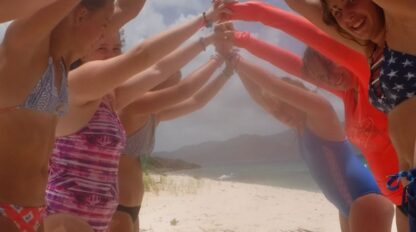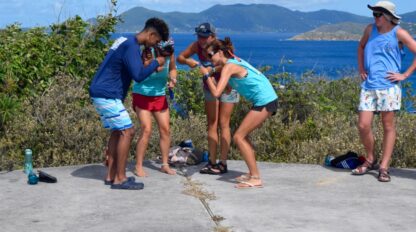Unplug & Connect With The Natural World
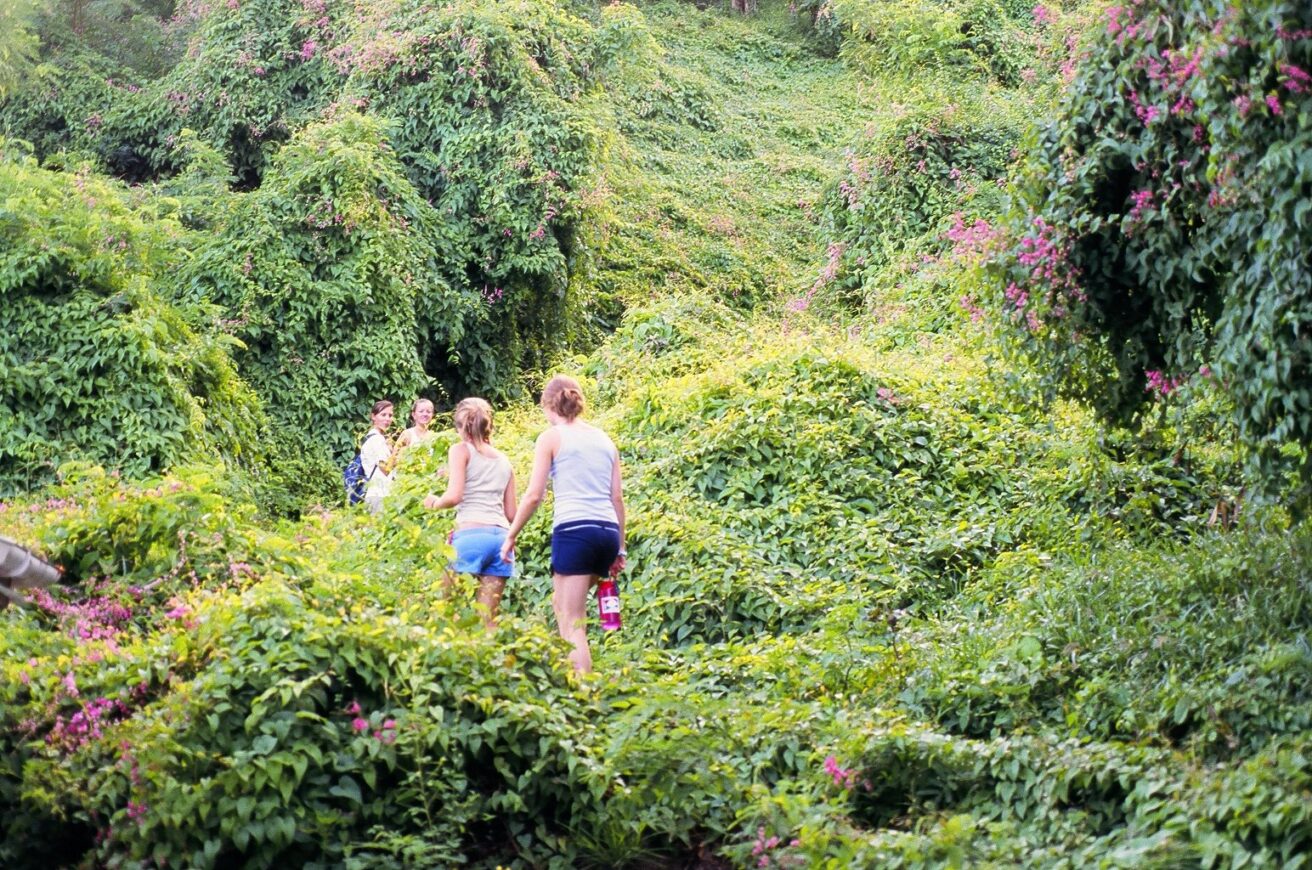
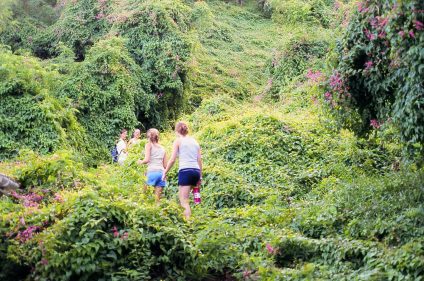 Unplug.
Unplug.
Disconnect.
Get Back To Nature.
Opt Outside.
Drop Your Devices.
Detox From Technology.
Let’s be honest, between you and me: these are not trailblazing ideas. These are, however, the rampant and popular pleas for modern humanity, in particular, for our teens, the ambitious generation unconsciously leading us into a whole new way of living. Or being, rather.
There’s an overwhelming trend of disenchantment when you consider the characteristic snapshot of the modern teenager — head lowered, eyes locked on an illuminated screen, their mind sharing space with both an online social networking world and the one their physically encountering. And to question it lightly, which one are they genuinely more present in?
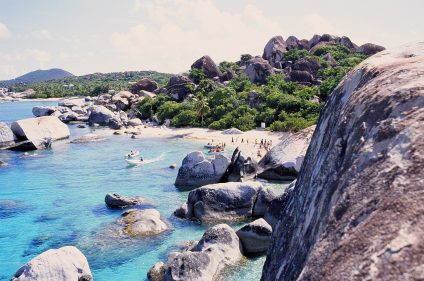 It’s evident that these aforementioned taglines have been adopted and diffused by outdoor advocates everywhere who grab their metaphorical megaphones (rightfully so) to hit the mainstream and campaign for these impactful messages of unplugging.
It’s evident that these aforementioned taglines have been adopted and diffused by outdoor advocates everywhere who grab their metaphorical megaphones (rightfully so) to hit the mainstream and campaign for these impactful messages of unplugging.
Last month, three of our NY office team members, myself included, had the pleasure of hearing this nature-driven campaign from a unique stand point, that of a psychologist. We three sat in a crowd of hundreds of eager camp professionals and listened to a woman who had everything to share on the topic of disconnecting and its effect on one’s “true self.” Dr. Shefali Tsabary, Ph.D., having received her doctorate in Clinical Psychology also received every inch of my attention and admiration during her hour-long dialogue on “Creating Resilience and Empowerment in Children”.
The American Camp Association Tri-State conference introduced Dr. Shefali as the following:
“Oprah has hailed Dr. Shefali’s work as “revolutionary.” A NYT bestselling author of two groundbreaking books, Dr. Shefali brings a fresh perspective to the youth development and parenting landscape. Provocative, daring, and evocative, her approach teaches parents and caregivers how to raise themselves – first – into the most empowered and conscious person before they help to raise and teach children.”
Daring is right. I have to say, by the end of her time slot, I was moved. There’s no doubt that I had had every single notion that came out of Dr. Shefali’s mouth imprinted on me throughout my whole life, but to hear her compile it effortlessly in a powerhouse key note speech – I could feel myself lifting out of my chair.
Dr. Shefali is audacious in her approach to modern… everything. Whether it be parenting, living, learning, thriving — she is distinctive in her field for integrating Eastern mindfulness and its teachings with Western psychology.
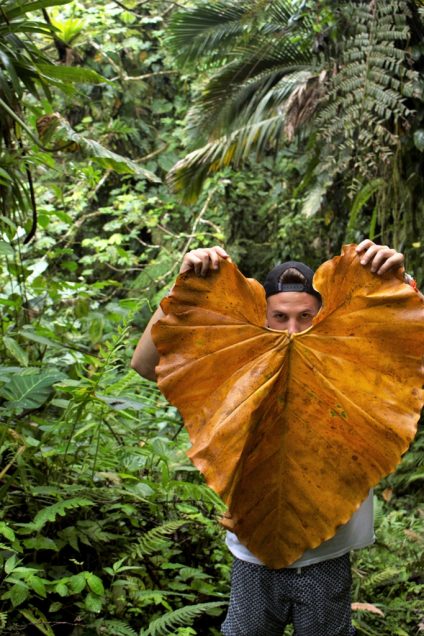
Within her speech, Dr. Shefali professed the idea of a world where a child could connect with the natural world around them as frequently and as intimately as they can connect (and addictively do) with the world of social media and technology. Explaining this idealistic world to a nodding crowd, she pushed the knife in when addressing that this world doesn’t feel available anymore, could we ever get back to that lifestyle? Modern living is online dependence, online dependence is modern living.
And yet, she affirmed… we can, we will, and we already do; at camp.
In a crowd filled with heavyweight camp and nature crusaders, there was a rush of palpable, humbling gratitude for what we in this industry have set out to do. Here we were, attending a distinguished conference to learn all there was to learn about refining our industry, and here she was, attending the conference to confirm everything that we already do at the core of our mission: get students outside and interacting in a natural world, to discover and sustain their authentic selves.
The prevailing key to living an authentic, conscious life, Dr. Shefali says, is reaffirming the power of wellness in the open air. Nature alone creates a space where minds can ignite their true purpose. Why? Because a mind in nature, sans an agenda or the poisonous thinking of the modern age, is free to be open to profoundly life-altering experiences.
The encouragement that Dr. Shefali delivered to us came from the understanding that we, as outdoor experiential educators, are the lucky few already at the pulse of our teens in this sense, above many other figures in their lives. At Sail Caribbean, we get the opportunity to receive students for two to three weeks at a time, in an enchanting outdoor setting that brings with it intimate opportunities between student, mentor and nature. Our staff are the catalyst for these teens to truly dive into nature, and in turn, dive into discovery of all sorts. We innately support young minds to manifest a complex collection of experiences and connections.
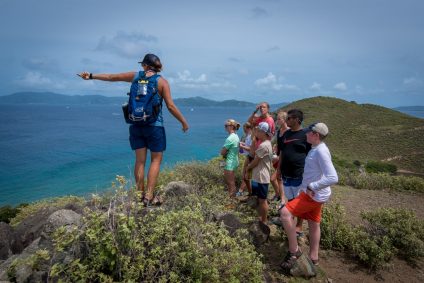
Our leadership team has a deep appreciation for this, embracing each moment on program with validation and reflection. There is nothing like witnessing a student give power to their own hard work and empowerment. Our leaders instill a safe space for students to work on their confidence and cut down on inhibiting comparison. It’s our mission to be a crutch for students where their resilience might initially fall short, but only until it is molded throughout their experience onboard with us.
Sail Caribbean is a team of strong believers in meeting hardship head on, as what is to come in its wake can only be undeniable grit, a necessary ingredient for life. We build the grittiest of the gritty!
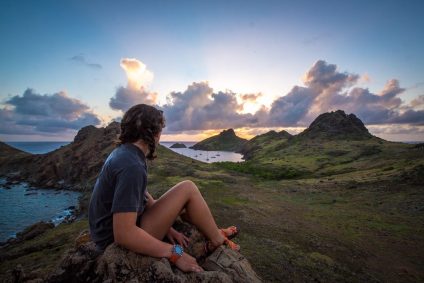 So why is getting back to nature so incredibly crucial for all — especially now? Dr. Shefali believes at the core of the issue, if you look around, it’s vividly, smack-you-in-the-face clear that urban mainstream living has become flawed and detached from what is actually natural.
So why is getting back to nature so incredibly crucial for all — especially now? Dr. Shefali believes at the core of the issue, if you look around, it’s vividly, smack-you-in-the-face clear that urban mainstream living has become flawed and detached from what is actually natural.
Boiling it down to simplicity, stripping ourselves from the poisonous ties of technology, and taking ourselves and our teens back to the bare essentials of nature – this is the true calling. Put modestly, nature alone is untapped potential to those keen on understanding and embracing its power on the self.
